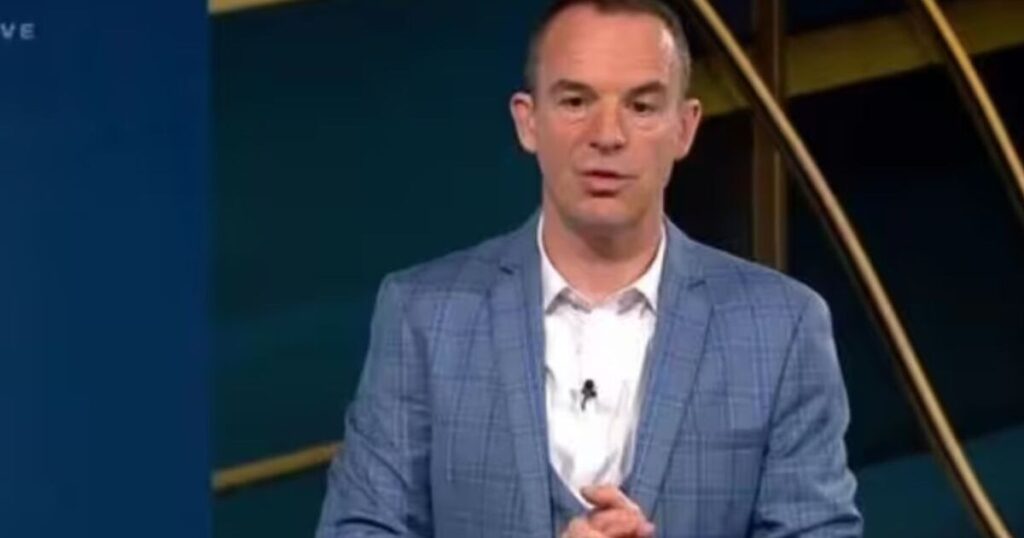
Money saving guru Martin Lewis has lifted the lid on how Brits can avoid a spike in energy bills as they are forecast to rise soon. Households are expected to be soon dealt a blow and learn that their energy bills will rise by around 1% in October when the Ofgem updates its price cap.
It comes after Cornwall Insight released its final forecast for the October to December 2025 Default Tariff Cap (price cap), following the closure of the observation window on August 18. It says: “The new forecast predicts the cap will rise to £1,737 a year for a typical dual fuel household this winter. This would represent an increase of £17 and 1% from the current price cap which is set at £1,720 per year. Ofgem is scheduled to announce the official cap on August 27.” Now households are being urged to act fast and grab a fixed energy deal by Mr Lewis.
Taking to social media Mr Lewis warned Brits to “consider” changing their energy bills to a fix “asap”.
MoneySavingExpert founder Martin Lewis wrote on X: “NEWS (before it happens)! Tomorrow’s Energy Price Cap announcement is sadly likely to be a 1% RISE on 1 Oct. If you’re not on a fix, consider it asap.”
He added: “For getting a cheap fix right now not to be worth it we’d need to see pretty immediate and monumental falls in wholesale rates – which no one is predicting.
“In fact our analysis shows that at every point over the last 18mths you’d have been better off getting the cheapest fix than being on the Cap.”
Those who act quickly could sidestep the increase and lock in savings of more than £100.
EDF yesterday launched its new Simply Fixed Aug26v11 tariff – priced at £1,634 – which undercuts both the current price cap and EDF’s own prediction for October. The deal is £86 cheaper than today’s cap and £110 cheaper than the expected autumn level.
Dr Craig Lowrey, principal consultant at Cornwall Insight, says: “News of higher bills will not be welcomed by households, especially as winter approaches.
“While the added costs behind this forecasted rise are aimed at supporting those most in need, it does mean typical bills will increase despite relatively lower wholesale costs.
“It’s a reminder that the price cap reflects more than just the market price of energy.”
 Latest Breaking News Online News Portal
Latest Breaking News Online News Portal






